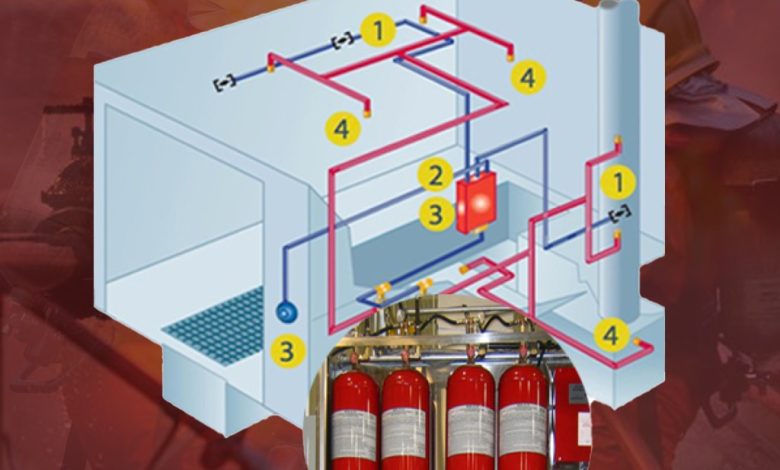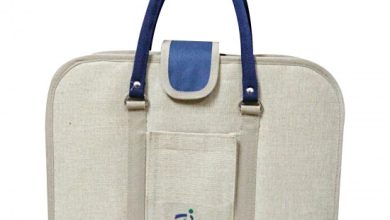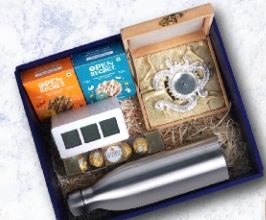Fire Suppression Manufacturers vs. DIY Systems: What’s the Difference?
Fire suppression manufacturers

When it comes to protecting your home, business, or industrial space from fire, making the right choice between professional solutions and do-it-yourself kits is critical. Fire suppression manufacturers like Sri Triveni Crafts offer tailored, industry-grade protection systems designed for specific environments, while DIY options appeal to budget-conscious users seeking basic coverage.
But how do these two approaches really compare? From system quality and compliance to installation and maintenance, the difference is more than meets the eye.
The Professional Edge: What Fire Suppression Manufacturers Offer
1. Customized and Code-Compliant Designs
Professional fire suppression system manufacturers design solutions that meet strict safety regulations and are tailored to each client’s unique needs. Whether you’re outfitting a commercial kitchen or a data center, these systems are engineered to comply with national and international fire safety codes, ensuring maximum protection and legal compliance.
In contrast, DIY systems often come in one-size-fits-all kits that may not fully consider the layout, fire risks, or local safety standards of your space.
2. Comprehensive Risk Assessment
Before installation, professional fire suppression providers conduct detailed site evaluations. This includes identifying high-risk areas, evaluating existing infrastructure, and recommending the best suppression methods. These assessments ensure the fire suppression system is not just functional but optimized for the specific environment.
DIY systems, on the other hand, leave the burden of design and placement entirely on the user, which increases the likelihood of errors or inefficiencies.
What DIY Systems Get Right — and Where They Fall Short
1. Affordability and Accessibility
There’s no denying the appeal of DIY systems for small spaces or residential use. They’re affordable, easy to order online, and typically simple to install. For basic fire protection, they can serve as a good first line of defense.
However, DIY kits are rarely suitable for complex or high-risk environments. These systems often lack features like automatic activation, remote monitoring, or clean agent technology — features that are standard in systems provided by a qualified fire suppression system supplier.
2. Limited Lifespan and Maintenance Challenges
Many DIY fire systems come with minimal documentation or support. Maintenance, troubleshooting, and upgrades are entirely the user’s responsibility. This leads to increased long-term risk if the system is not regularly tested or properly maintained.
Professional systems, especially those from trusted fire suppression manufacturers, typically come with support contracts, regular inspections, and upgrade options to keep your protection system performing optimally year after year.
Automatic Fire Suppression: A Game-Changer
One of the biggest advantages of working with experts is access to cutting-edge automatic fire suppression system technology. These systems detect heat or smoke and activate instantly — without human intervention. This is vital in places where a rapid response can mean the difference between minor damage and total loss.
DIY systems rarely offer true automation. Most are manually triggered or have delayed response mechanisms that can’t match the efficiency and reliability of a professionally installed system.
Integration and Scalability
1. Seamless Building Integration
Professional fire systems are designed to integrate with existing security, alarm, and HVAC systems, providing a holistic safety network. This is especially important for commercial and industrial buildings where multiple safety layers must work in sync.
DIY kits generally function as standalone devices with limited or no connectivity, which reduces their effectiveness in larger or more complex setups.
2. Scalable Solutions for Growing Businesses
As your facility grows, your fire protection needs will evolve. A trusted fire suppression system supplier can help you scale up easily — adding zones, upgrading agents, or enhancing control systems without replacing the entire setup.
DIY systems, by nature, lack scalability and often require complete replacement as needs expand.
Conclusion
While DIY fire systems may offer a quick, low-cost solution for small-scale needs, they can’t match the reliability, safety, and compliance offered by professional fire suppression manufacturers. At Sri Triveni Crafts, we specialize in creating tailored, future-proof fire suppression solutions that meet the highest safety standards and support long-term peace of mind.
Visit Sri Triveni Crafts to explore how we can help protect what matters most — with systems that are smart, scalable, and built to last.
FAQs
1. Are professional fire suppression systems worth the investment?
Yes. Professional systems offer higher reliability, better compliance with safety codes, and more advanced features such as automation and integration.
2. Can I install a fire suppression system myself?
For small spaces, DIY kits are an option, but for commercial or industrial environments, professional installation by a fire suppression system supplier is strongly recommended to ensure effectiveness and safety.
3. What is an automatic fire suppression system?
It’s a system designed to detect fire (via heat or smoke) and suppress it automatically, without manual intervention. These are commonly used in server rooms, factories, and kitchens.
4. How do I choose between DIY and professional fire suppression solutions?
Consider the size of your space, fire risk level, compliance needs, and long-term support requirements. DIY may suit very basic needs, but most environments benefit from a professionally designed system.
5. Does Sri Triveni Crafts provide maintenance and upgrades?
Yes. We offer full support — including system assessments, maintenance, upgrades, and compliance services — as part of our commitment to safe, sustainable fire protection.




